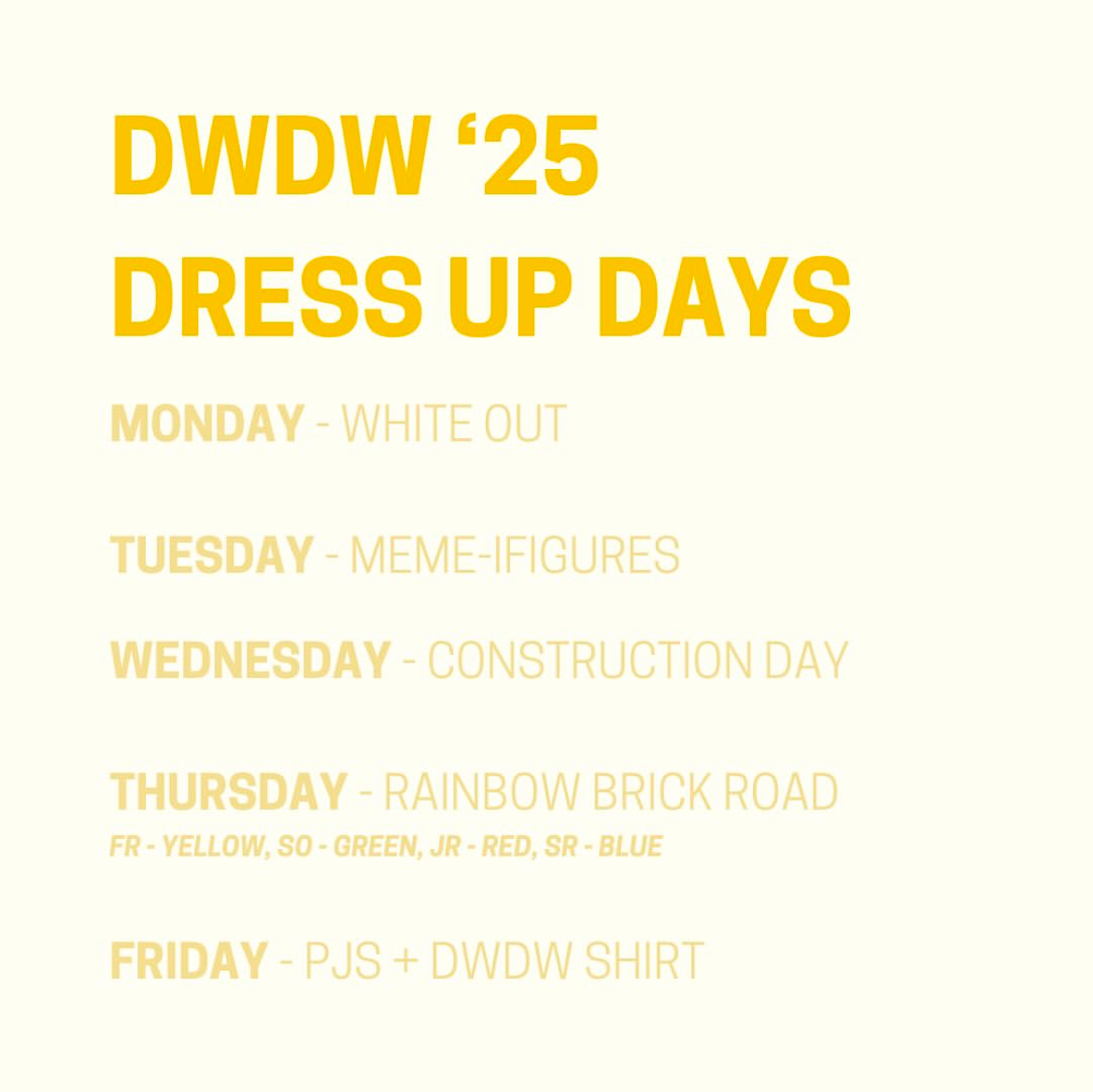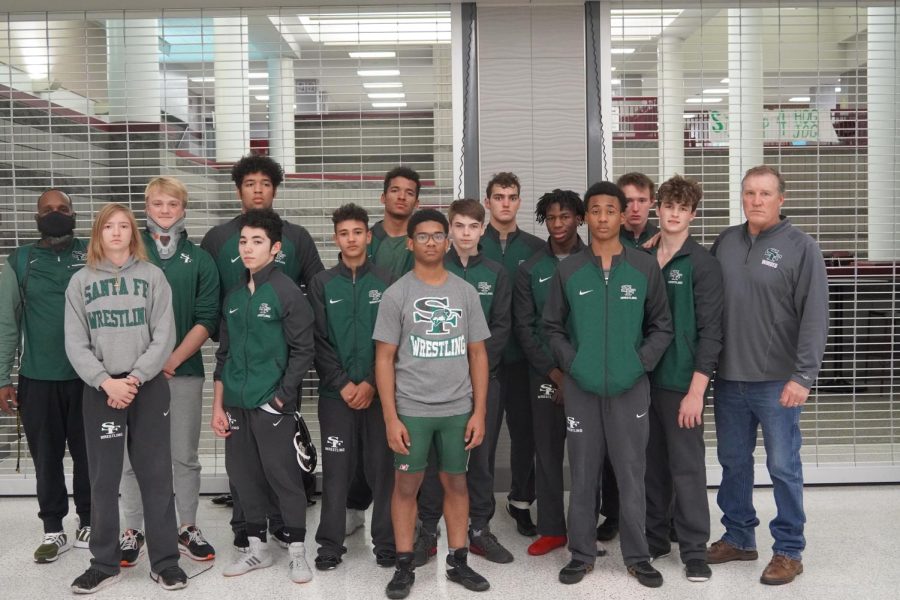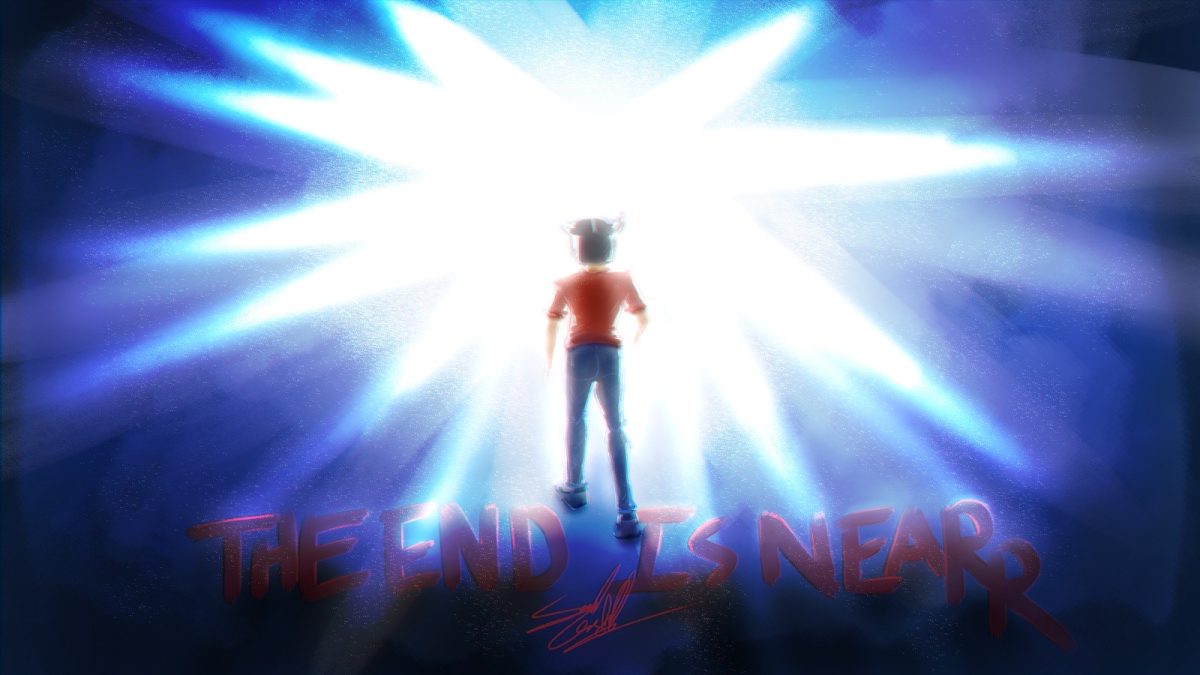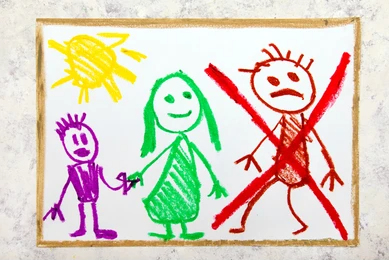How to survive a fatherless lifestyle
October 11, 2022
One in four children in the United States grows up without a father.
“That’s enough children to fill New York City twice or Los Angeles four times over,” National Fatherhood Initiative released in a statement.
Of course, this doesn’t account for step-parents, grandparents, aunts and uncles, siblings, friends or any person who could fill that role. This statistic only considers children who are living without a biological father. In most cases, that’s all these children are –a statistic.
There is an overwhelming amount of statistics and stigma that labels children without a biological father. Ideas of teen pregnancy, addiction and failure plague the absent father community. Quotes like “be a dad” seem to pop up more and more in everyday media, making modern-day society worship the idea that having a dad is key to success.
Overemphasizing the significance of fathers but then justifying the havoc their absence can cause seems contradictory. It seems only fair to, along with giving reports that predict prison and failure to the fatherless, to also provide hope to those determined to survive the odds.
If you’ve ever been scared of how you’re gonna survive the fatherless lifestyle here’s your article on steps to help you make it out and define the odds.
Step 1: Acceptance
This step took me a while. No one ever wants to accept that someone whom they get their DNA from, won’t be in their life. It’s ironic because this is the first step yet the longest and sometimes the hardest. My best advice for this one is to look at the situation objectively and not emotionally. So many fatherless children can be so submerged in their own pain that they don’t step back and take a look at the bigger picture. Stepping back with a clear head most of the time makes a lot of people realize that their father’s absence has nothing to do with them as an individual and everything to do with the situation their dad was in.
My father, for instance, was the child of a prostitute who had no idea who got her pregnant. Growing up without a father can make it hard to be one. This isn’t an excuse for him but realizing that his situation contributed a lot to mine makes me feel sad for him and not myself.
Step 2: Reclaim Power
After acceptance and realizing that their shortcoming has nothing to do with your existence, it becomes much easier. However, in our youth, we are largely at the mercy of our caregivers. Their reaction to us – positive or negative – predominately shapes how we feel about ourselves. So, a father’s absence can make many children feel insecure and empty. It is vital in your survival process that you have emotional autonomy; they do not have control over your emotions, only you do.
Step 3: Recognize What You Have
When you’re put in the situation of a fatherless lifestyle, it’s easy to throw yourself a pity party and not realize how fortunate you are. This hasn’t been a huge struggle in my life, but I’ve occasionally thought about it. Being able to transform your perspective is also a huge part of your journey.
Step 4: Anger
I’ve spoken a lot about the acceptance process and realizing what you have but these things don’t go without the overpowering emotion of anger. This step is okay. It’s a good thing to understand your emotions and try to overcome them. I don’t have any suggestions for this step. Just feel.
Step 5: Confrontation
This step isn’t required. I haven’t even gotten there yet, but I think somewhere down the line I will. This step does not have to be done in person. It can be a letter or a message you never send. It can be you just talking to yourself acting as if you’re talking to him. The only advice I can give for this step is to be completely honest and state how you feel.
Of course, I am no expert in the field of psychology, so please take this advice with a grain of salt. I am just a child without a father trying to help others just like me.


































